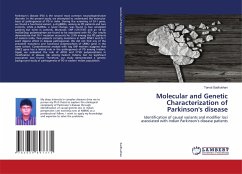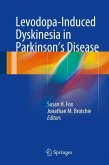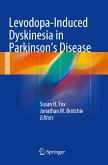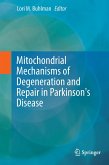Parkinson's disease (PD) is the second most common neurodegenerative disorder. In the present study, we attempted to understand the molecular basis of pathogenesis of PD in India. During the screening of DJ-1 gene, we found a functional variant, p.Arg98Gln, among six PD patients and two controls, while p.Val35Ile, a novel change, was found in two unrelated patients but none in controls. Moreover, SNP rs7517357 and an 18 bp Ins/Del/Dup polymorphism are found to be associated with PD. Our results demonstrate that DJ-1 mutation accounts for 3.9% among the PD patients of eastern India. Two patients carrying mutations in both PINK1 and DJ-1 exert digenic effect in disease pathogenesis. We did not find any of the prevalent mutations and functional polymorphism of LRRK2 gene in the same cohort. Comprehensive analysis with tag SNP markers suggests that LRRK2 gene has a limited role in the pathogenesis of PD among Indians. Again we evaluated the role of APOE and CTSD polymorphisms in modification of disease risk among Eastern Indians, but no significant association was found. Therefore, our study demonstrated a genetic background study of pathogenesis of PD in eastern Indian population.
Bitte wählen Sie Ihr Anliegen aus.
Rechnungen
Retourenschein anfordern
Bestellstatus
Storno








